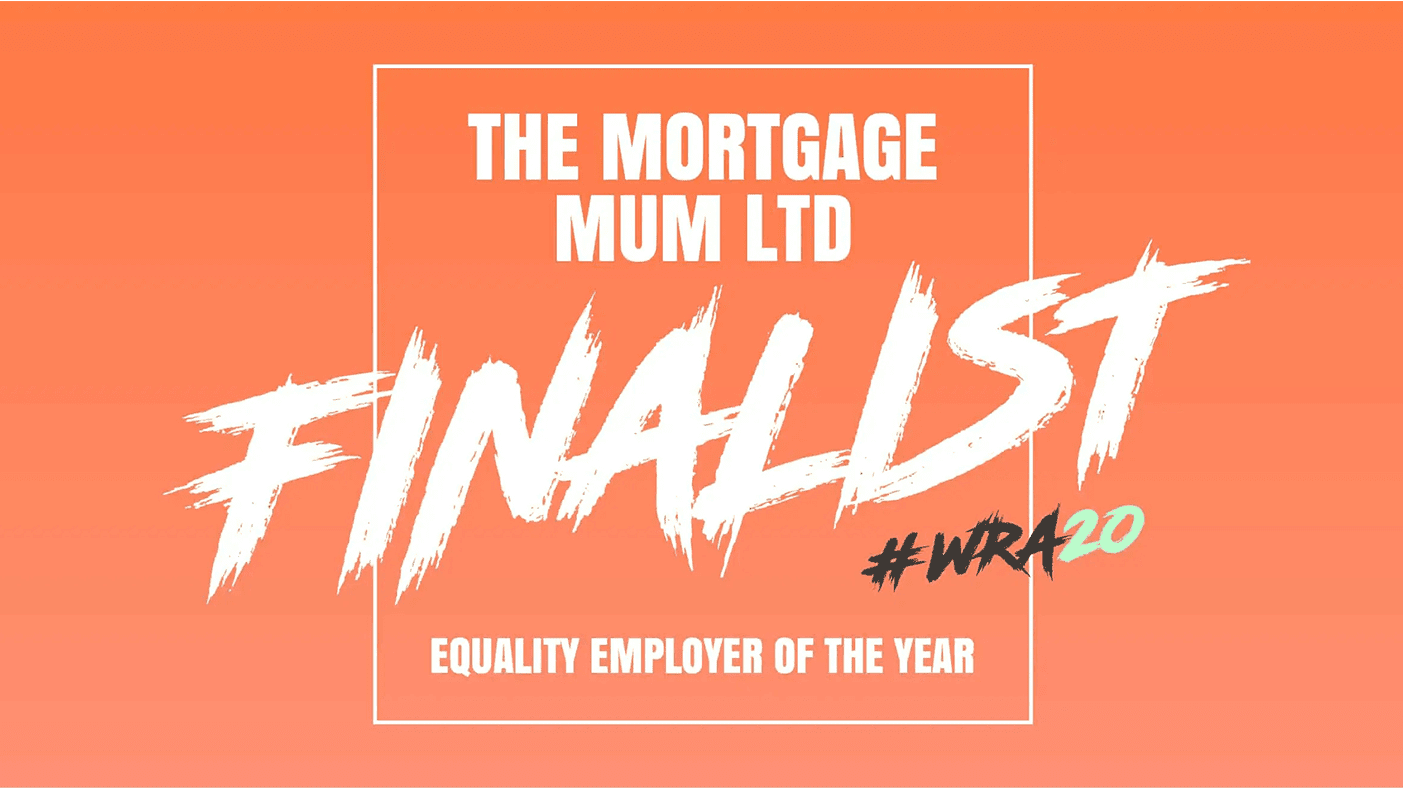Life insurance is well worth considering; these policies can help your family financially should you pass away. However, if you’re one of the millions of adults in the UK with a BMI outside of the standard range, you may be unsure if you can benefit from this invaluable protection. Well, the good news is, it’s very likely you can! Here’s our guide to getting life insurance if you’re overweight or obese.
The Health Survey for England 2019 estimated that 64% of adults in England are overweight or obese. The fact it is so common, means insurance providers are used to applications from people who fall under these categories, so they have clear guidelines in place and cover is still widely available.
According to the NHS, someone is considered ‘overweight’ if their BMI is between 25 – 29.9 and ‘obese’ if their BMI is over 30. There are certainly circumstances where BMI is not reliable, such as for people with muscley, Arnold Schwarzenegger-esque physiques, but BMI is used by the insurance industry as an initial indicator. If you’re one of the exceptions, speak to your adviser about how you can show the insurance company this.
Insurance providers take BMI into account because the higher your BMI is, the more of a risk you’re considered to be. This is due to the links between obesity and several medical conditions. Most insurance providers will accept a BMI as high as 28 on standard terms. That means, if your BMI is only slightly high, it likely won’t impact on your life insurance.
The impact of BMI on a life insurance application depends on a variety of factors, such as how high your BMI is, your age and if you have any medical conditions. Depending on these factors, providers may respond in a few different ways, they may offer you cover at a higher monthly cost, cover you for some medical conditions but exclude others or ask to see a medical report before making a decision.
In more complex cases, for example if your BMI is higher than 40, you may be declined cover by some providers. However, there are providers who offer cover to people in these situations, although you’ll likely have to pay more for cover. No matter your situation, speak to us and let us help you find out your options.
Thank you.
Source: Mortgage Intelligence
Image: Pixabay via Pexels

























































